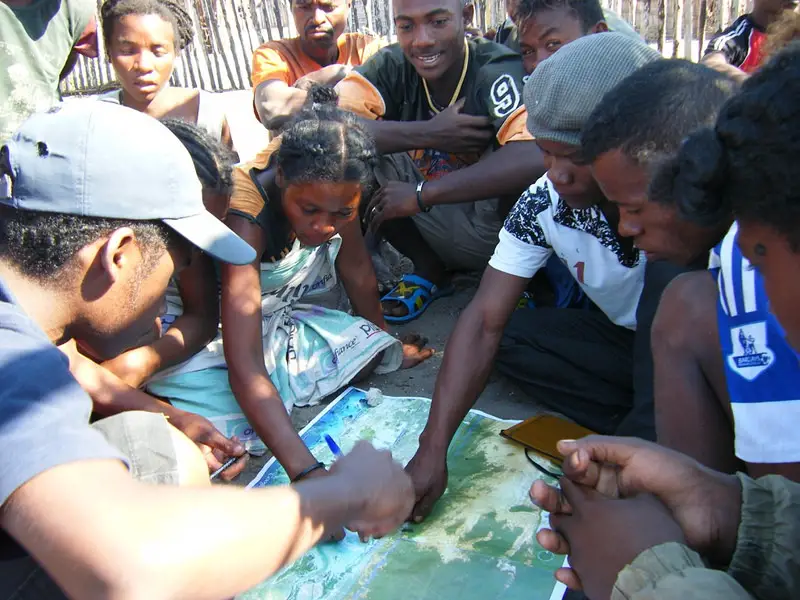One month ago, Bogotá launched the second corridor of its new city cycle hire scheme in the northern Parque El Virrey district. Known as Pedalea por Bogotá, the scheme is run by the city’s Institute for Recreation and Sports (IDRD) and began operations in May 2013. Initially launched within an area of one and a half kilometers in the center of Bogotá, this new expansion has added 3 stations, 21 employees, and 55 steel framed white and yellow bikes with no gears that operate from 8AM to 5PM on weekdays.
The first corridor took advantage of the new pedestrianization process implemented from Calle 24 to Calle 11 which also included street treatment measures such as paint markers and planters.

The employees work in 4 hour shifts and are mainly in charge of assisting the scheme’s users with information, helping them with the registration process, and checking the bicycles out. Users who are registered in the program’s database can take the bicycles for free for 5 minutes, and must follow the rules contained in the user’s manual to avoid receiving a penalty.
And there are many rules in the manual. Leaving the designated bike corridor and violating traffic signals are seriously penalized with a borrowing suspension of days, months, or at worst, a permanent ban. Despite this, the scheme has picked up over 50,000 members to date. 25% of these are women and 75% are men, typically ranging from 22 to 41 years. Members largely use the bicycles between 10 in the morning and 2 in the afternoon.
With the goal of thinking differently about the city’s public space, promoting non-motorized transport, raising awareness of the benefits of a greener city, and helping to cover the ‘last mile’ of peoples trips, the local government decided to go forward with the implementation of two more bike corridors: the recently-opened Parque El Virrey and Mundo Aventura, which is expected to open soon.
As well as adding new bikes to the scheme, the Parque El Virrey bike corridor has introduced a fixed station with a green roof, solar panels, and a water reuse system for building maintenance purposes.

Although there is no doubt the government of Bogotá has shown a commitment to the promotion of non-polluting transport, there are still questions that need to be answered to get a better understanding of the future of bike sharing in Bogotá.
With a public bike hire scheme successfully operating, albeit in a limited and restricted geographical area, should Bogotá welcome a more extensive, privately-owned cycle hire scheme, as seen in New York? And if so, how might such systems co-exist? And could they even co-exist, when one scheme is operating free of charge? And what else, if anything, can Bogotá learn from the experiences of other cities with cycle hire schemes?
Andrés Jara-Moreno is a Political scientist specializing in international relations and conflict resolution.
Photos: Andrés Jara-Moreno, David Berkowitz and Carlos Felipe Pardo


